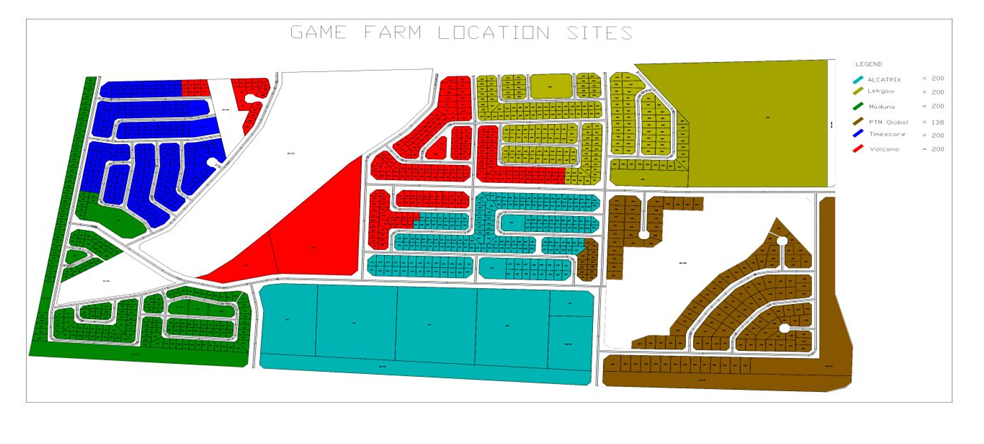Town planning, also known as urban planning, is the process of designing and regulating the use of spaces within towns and cities. It involves the careful arrangement of buildings, infrastructure, public spaces, and services to create sustainable, functional, and aesthetically pleasing urban environments.
Importance of Town Planning
Effective town planning ensures the efficient use of land, reduces environmental impact, and improves the quality of life for residents. It helps manage population growth, traffic congestion, and housing needs while preserving green spaces and heritage sites. Proper planning also supports economic development by creating accessible commercial areas and promoting investment.
Key Elements of Town Planning
Land Use Planning
This involves allocating different areas for residential, commercial, industrial, and recreational purposes. Balancing these uses prevents conflicts and promotes harmonious development.
Transportation Planning
Designing efficient transport networks, including roads, public transit, pedestrian paths, and cycling lanes, is essential to reduce congestion and improve accessibility.
Environmental Considerations
Town planners prioritize sustainability by incorporating green spaces, promoting energy-efficient buildings, and managing waste and water resources responsibly.
Infrastructure and Services
Planning for utilities such as water supply, sewage, electricity, and emergency services ensures that communities have the necessary support for daily living.
The Town Planning Process
The process typically begins with data collection and analysis, followed by public consultation to understand the needs and preferences of the community. Planners then develop proposals and zoning regulations, which are reviewed and approved by local authorities. Implementation is monitored to ensure compliance and to adapt to changing circumstances.
Challenges in Town Planning
Urban areas face challenges such as rapid population growth, climate change, and limited resources. Planners must address social equity, ensuring all residents have access to housing, transportation, and amenities. Balancing development with conservation and adapting to technological advancements are ongoing tasks.
Conclusion
Town planning is a vital discipline that shapes the physical, social, and economic fabric of urban areas. By integrating thoughtful design and sustainable practices, it creates livable cities that can thrive now and in the future.


